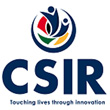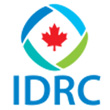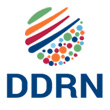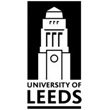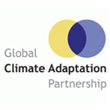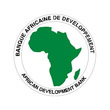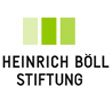Kulima Integrated Development Solutions is a boundary organisation working within the field of climate change. What this means is that we act as the interface between scientists and end-users, including policy-makers, practitioners and community members in both the public and private sectors.
Our expertise is centred around climate change adaptation, and includes the related fields of vulnerability, climate finance, and disaster risk reduction. We are also committed to taking gender-sensitive approaches to our assignments. Common projects that we undertake include vulnerability assessments (at a variety of scales using various methods as appropriate to the context) and proposing adaptation options – for both policy and practice. Between us we have many years or experience in Africa, and are well aware of the limited success of imposing solutions from outside. We are committed to a complete understanding of institutional and policy context, and undertaking stakeholder consultation processes to ensure that proposed solutions are owned by the appropriate stakeholders to ensure their continued success. Ongoing training and capacity building is another of our strengths.
Dr Katharine Vincent is the director of Kulima. Her expertise is in the social dimensions of climate change especially vulnerability, adaptation and institutions and governance. Kulima’s geographical focus is on southern and eastern Africa, but we have experience across the continent and internationally.
Our role is facilitating a two way dialogue which ensures, on the one hand, that end-user needs are identified and effectively communicated to scientists. On the other hand, Kulima works to make sure that relevant scientific information is communicated to end-users in a format that enables them to integrate it into their decision-making, and ultimately to adapt to climate change.
Kulima’s geographical focus is on southern and eastern Africa, but we have experience across the continent and internationally.
“Kulima is a word found in many Nguni languages which refers to preparing the ground so that something can take root– that is, a period of preparation that takes place before seeds can be planted, without which their chances of germinating and growing are very small.”
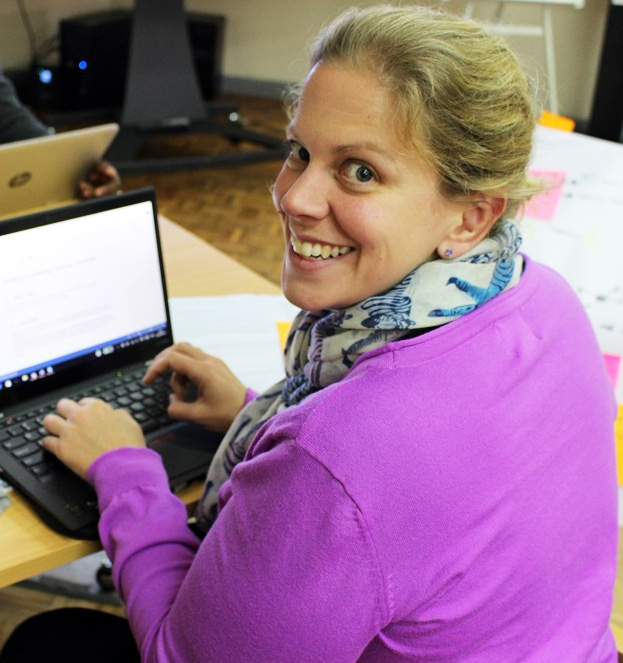
About Dr Katharine Vincent
Katharine Vincent grew up in the UK, with a brief stint in the USA aged 9-10. She graduated with a First Class Honours degree in Geography from the University of Oxford, gained a distinction for her Masters in Environmental Science Research at the University of East Anglia, and was awarded her PhD (looking at gendered vulnerability to climate change in South Africa) from the Tyndall Centre for Climate Change Research in 2007. She is currently a visiting Associate Professor at the University of the Witwatersrand, Johannesburg (School of Architecture and Planning), a Visiting Researcher at the University of Leeds (School of Earth and Environment), and an Associate of the Centre for Climate Change Economics and Policy.
Katharine’s general interest is in the human dimensions of global environmental change and social development. She has worked and consulted for a variety of organisations, including NGOs, government, inter-governmental organisations and the private sector. On graduating she designed research and conservation projects in marine and terrestrial national parks in Indonesia, then worked for the UN Environment Programme in Geneva on sustainable business with retail and service sector partners across Europe, and then for the-then Department for Environment, Food and Rural Affairs in London.
Her Masters and PhD research investigated vulnerability and adaptation to climate change in Africa. In 2006 she moved back to South Africa to take up a post-doctoral research position with Professor Coleen Vogel in the School of Geography, Archaeology and Environmental Studies at the University of the Witwatersrand, Johannesburg. From 2007-08 she researched institutional dimensions of climate change in southern Africa and taught global environmental governance to undergraduates. She has published numerous articles in peer-reviewed journals, and was a contributing author to two chapters (chapter 9-Africa, and chapter 17-Adaptation) of the Second Working Group of the Intergovernmental Panel on Climate Change, which shared the 2007 Nobel Peace Prize with Al Gore.
Since 2001, Katharine has also been involved in consulting to bilateral donors and international organisations. From 2005-2010 she was a social protection consultant (and component manager) for the Regional Hunger and Vulnerability Programme, providing technical advice to governments around southern Africa relating to the design, implementation, and monitoring of social transfer programmes. Her particular interest is in the use of Information and Communications Technologies (ICTs) to deliver cash transfers. In 2010 she was voted one of Africa’s top 20 women in financial services technology.
She also has a growing reputation for her expertise around climate change vulnerability, adaptation, and policy frameworks (both at country level and internationally), and is regularly invited to speak at conferences and meetings. She has written reports and guides for the UN Development Programme, UN Environment Programme, UN Economic Commission for Africa, Food and Agriculture Organization, UK Department for International Development, US Agency for International Development, Danish Development Research Network, and Heinrich Böll Stiftung of southern Africa. She has worked in South Africa, Swaziland, Lesotho, Madagascar, Malawi, Mozambique, Zimbabwe, Zambia, Botswana, Namibia, Kenya, Senegal, Uganda, Morocco and Ghana.
In her spare time, Katharine waxes lyrical about the delights of geography to anyone willing to listen, practises what she preaches by travelling widely, and is a big fan of tennis (which these days she tends to watch on television more than she plays).
Our Project Partners




